

2:00 pm EDT - 5:00 pm EDT
Past Event
2:00 pm - 5:00 pm EDT
1775 Massachusetts Avenue N.W.
Washington, DC
20036
For the past 40 years, East Asia has enjoyed relative stability. The absence of major power war facilitated integration into global supply chains and foreign investment flows, which together contributed to Asia’s singular achievement: the liberation of hundreds of millions of people from poverty and the emergence of a global middle class that has reshaped the global economy. This period of East Asian peace was also marked by high levels of U.S. engagement in the region. Asia’s long peace is now under growing strain due to mounting tensions between the United States and China concerning China’s growing power projection in the region, the rekindling of tensions in regional hotspots, and a shifting U.S. posture in the region that could impact the alliance structure and open trading system. Can Asia’s peace and prosperity be sustained?
At this key moment in Asia’s evolution, the Center for East Asia Policy Studies at Brookings is celebrating the 20th anniversary of its establishment and the Foreign Policy program at Brookings is launching a program-wide project “Sustaining the East Asian Peace.” The core objective of the project is to identify the policy options for the U.S. and its allies and partners for preserving—and if necessary adapting—the policies and institutions that have made this long period of relative peace and sustained growth possible.
On May 1, the Center for East Asia Policy Studies (CEAP) and the Foreign Policy program at Brookings hosted an event to examine the past 20 years of the East Asian peace, as well as its prospects for the future. In keeping with CEAP’s tradition of providing in-depth policy analysis of the region’s most pressing challenges, a panel of current and former CEAP fellows discussed the dynamics of East Asian foreign and domestic policy in recent decades. A second panel of distinguished policy experts discussed the future dynamics of the region, addressing economic, security, and technological trends unfolding in East Asia and their implications for the U.S. and the region.
Following each discussion, panelists answered questions from the audience.
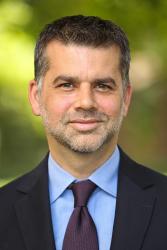
Moderator

Panelist
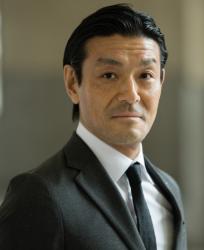

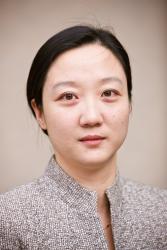
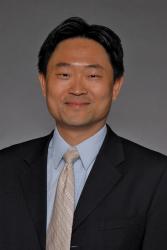
Moderator
Panelist


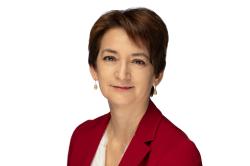

Tanvi Madan
February 26, 2026

Eiki Tagami, Mireya Solís
February 23, 2026

William A. Galston, Ryan Hass, Patricia M. Kim, Melanie W. Sisson, Constanze Stelzenmüller, Thomas Wright, Miles Yu +2 more
February 18, 2026